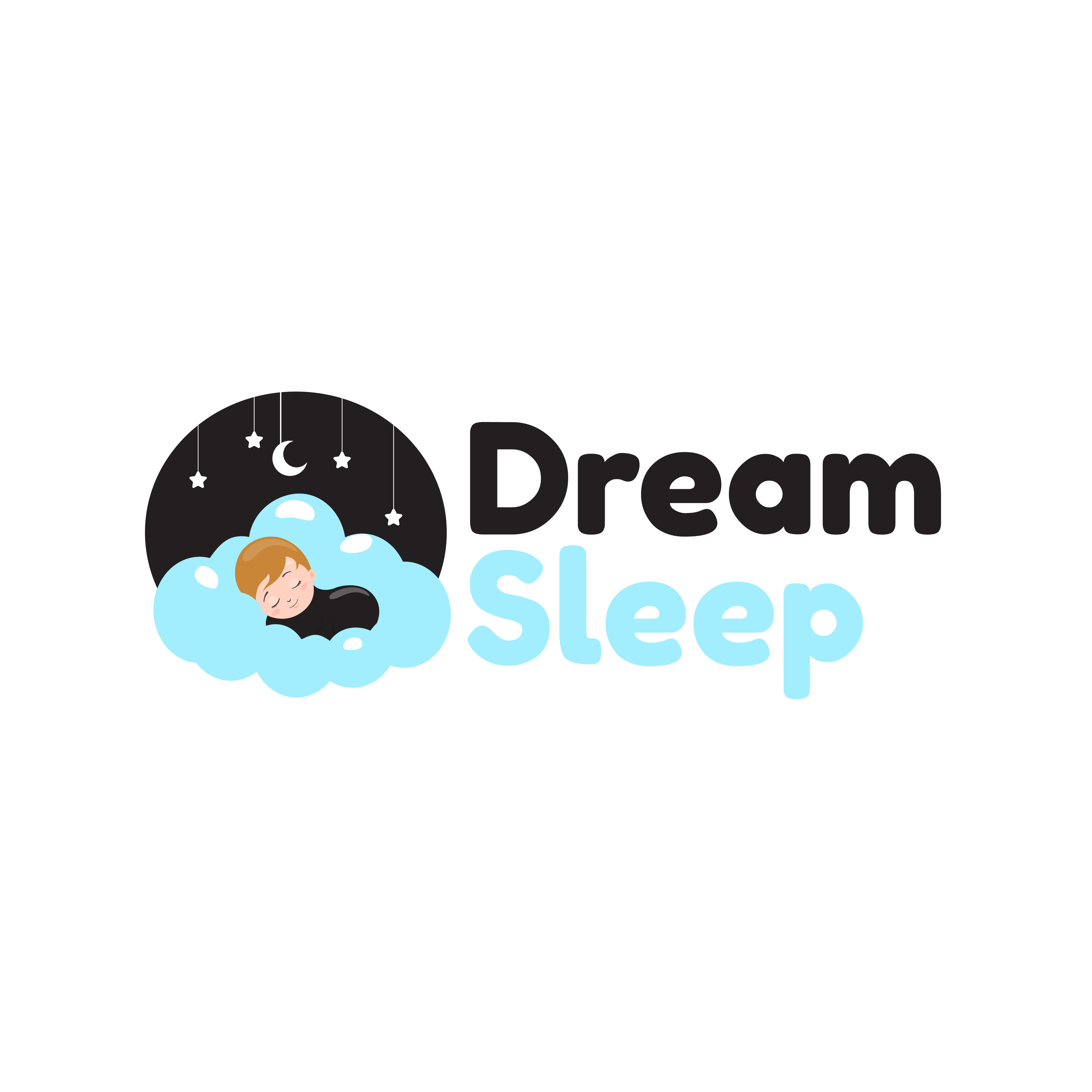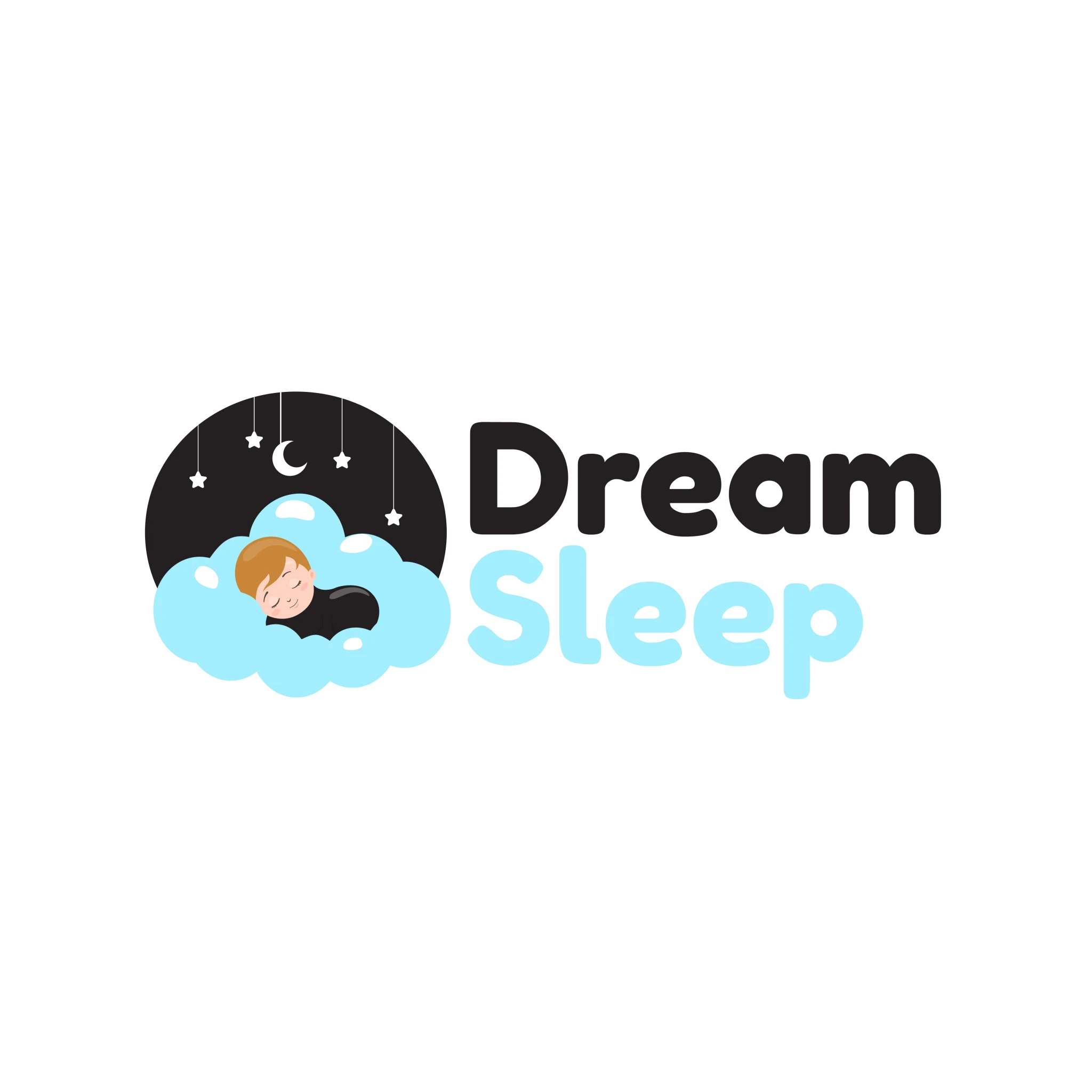How does infant development affect their sleep?
Developmental milestones can have a significant impact on sleep patterns and behaviours in children. Here are some common developmental milestones that can affect sleep:
1. Rolling Over: When babies learn to roll over from their back to their stomach or vice versa, it can disrupt their sleep. They may start practicing this new skill during sleep and wake up more frequently.
2. Sitting Up: Once babies learn to sit up independently, they may have difficulty settling down for sleep. They may want to practice this new skill and resist lying down, leading to bedtime struggles.
3. Crawling and Walking: As babies become mobile and start crawling or walking, they may have a harder time settling down for sleep. They may be eager to explore their surroundings and resist bedtime routines.
4. Teething: The teething process, which typically begins around 6 months of age, can cause discomfort and pain for babies. This discomfort can disrupt their sleep and lead to frequent waking during the night.
5. Separation Anxiety: Around 6 to 8 months of age, babies often develop separation anxiety, which can make it difficult for them to fall asleep or stay asleep. They may cry or become anxious when separated from their parents or caregivers.
6. Language Development: As children acquire language skills, they may start to talk or babble more during sleep. This can lead to partial awakenings or disturbed sleep.
7. Cognitive Milestones: As children reach different cognitive milestones, such as object permanence or imaginative play, they may experience increased nighttime awakenings. Their developing imagination or newfound understanding of the world can lead to dreams, nightmares, or fears that disrupt sleep.
8. Potty Training: When toddlers begin potty training, they may need to wake up to use the bathroom during the night, which can disrupt their sleep patterns.
9. Transition to a Toddler Bed: Moving from a cot to a toddler bed can be a big change for children. They may have difficulty adjusting to the new sleep environment, leading to bedtime resistance, increased night awakenings, or wandering out of bed.
It’s important to remember that these milestones can affect sleep temporarily. Establishing consistent bedtime routines, providing a calm sleep environment, and offering comfort and reassurance can help children navigate these changes and promote healthy sleep habits.
If these developmental milestones are affecting your infants sleep and you would like a personalised sleep plan, please contact Dream Sleep Occupational Therapy.
To contact Dream Sleep Occupational Therapy via email info@DreamSleepOT.com.au or visit the website.
Or Book Now

Share this:
Leave a comment
Previous Post
Next Post

For the best sleep possible
Dream Sleep Occupational Therapy provides evidence-based and personalised advice to support your family’s best possible sleep
Contact Us
Open Hours
Mon-Fri: By appointment only
Saturday: Closed
Sunday: Closed
Public Holidays: Closed
WA School Holidays: Closed
Location
Maylands, Western Australia.
Telehealth, online courses and sleep guides- worldwide
All Rights Reserved 2025 Dream Sleep OT.


